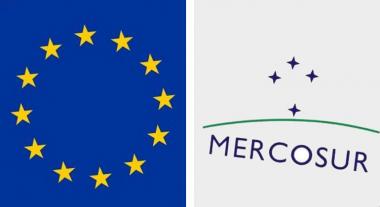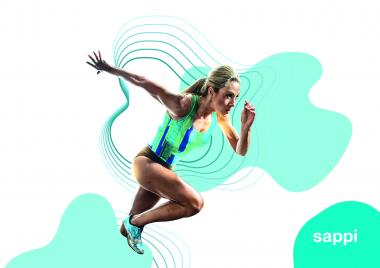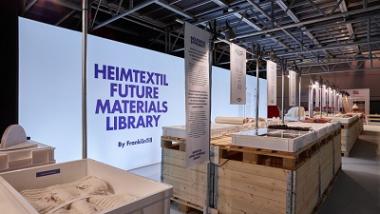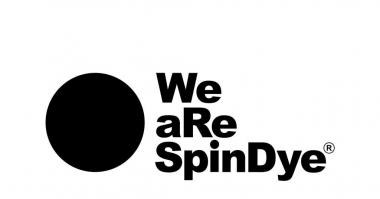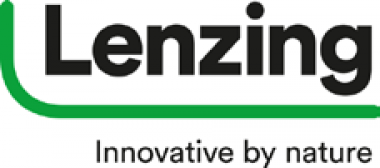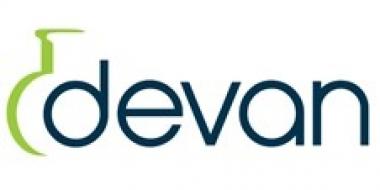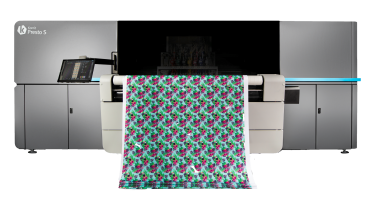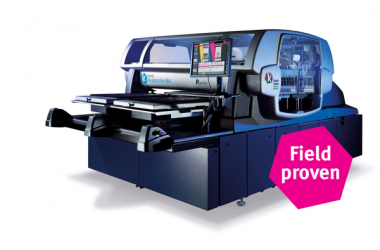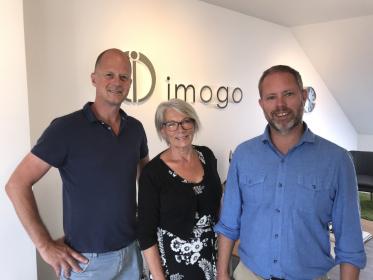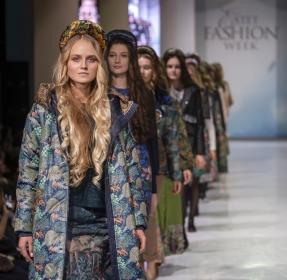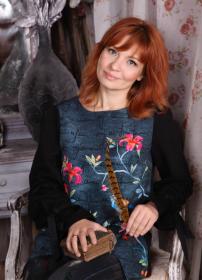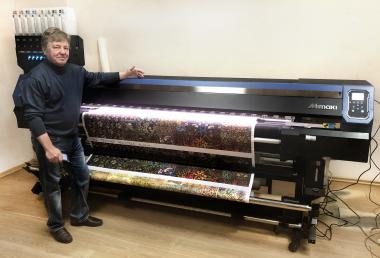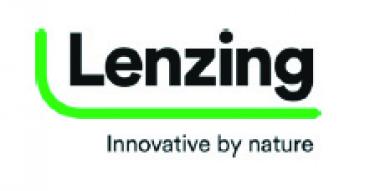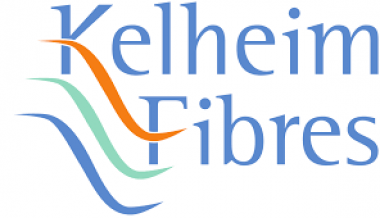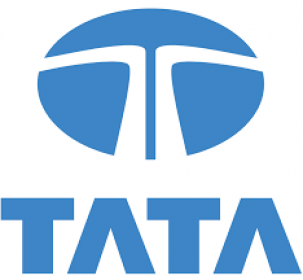Joint Business Statement on EU-MERCOSUR Association Agreement
- A coalition of 13 European business associations, representing different European sectors calls for the swift ratification of the EU-Mercosur association agreement.
- With the political agreement reached already 2 years ago (June 2019), now is the time to move forward and unlock the manifold mutual benefits that this agreement will deliver.
The EU-MERCOSUR agreement is the largest and most ambitious trade agreement ever negotiated by both sides, provides regulatory certainty for both trade in goods and services, and establishes better trade links between countries of respectively 440 and 260 million citizens. It also includes the most advanced sustainable development provisions that will foster partnership, help mitigate climate change and bind both sides to effectively implement the Paris Agreement. Moreover, it includes enforceable commitments on workers' rights and environmental protection through a dedicated dispute settlement mechanism.
Failure to ratify the agreement would leave the EU and Mercosur with fewer instruments to build mutual trust and cooperate to face the biggest challenge of our time. Moreover, non-ratification will lead to Mercosur countries continuing to trade, or even expanding their trade, with other trading partners that have substantially lower environmental and labour standards. Please find attached the full joint statement.
EURATEX


